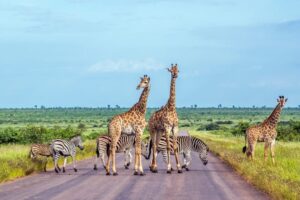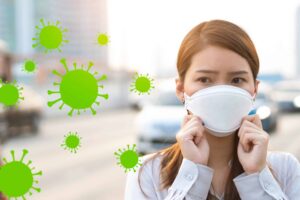Angola
Angola is home to beautiful national parks, stunning tropical beaches and some fabulous architecture, so it's well worth a visit. Another plus to consider are the recent improvements in the rail network, making it a lot easier to travel around the country via train. Whether you want to top up your tan on a beautiful beach, have a go at some thrilling watersports or discover the tastes of locally sourced fish and traditional cuisine, Angola can provide it all with a backdrop of unspoilt landscapes and natural beauty.
Make an online bookingTravel Health Information
Highly recommended
vaccinations for travelling here
Advisory
vaccinations for travelling here
If you do plan to travel between or outside of major towns in Angola, it’s strongly advised to travel in convoy and to be aware that the road conditions are poor. Other risks include unexploded mines, detention by security services or even armed bandits due to the presence of diamonds in some areas of the country.
Angola is a yellow fever and a high risk malaria zone, so it’s strongly advised that you consult a travel clinic for all the necessary vaccines, malaria tablets and travel health advice before travelling. Angola has also been identified as having a risk of Zika virus. Avoid all visits to the country if you are pregnant or are planning to become pregnant, and take extra steps to prevent mosquito bites, using 50% Deet insect repellent.
Be aware that healthcare outside of the capital Luanda is limited as local doctors and nurses are extremely scarce. In the capital there are a number of private clinics run by external organisations, however these will be expensive and many expect payment for treatment in advance.
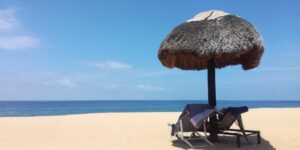
Your nearest CityDoc clinic
Find a clinic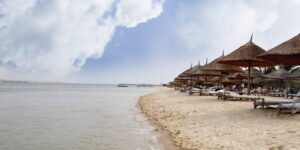
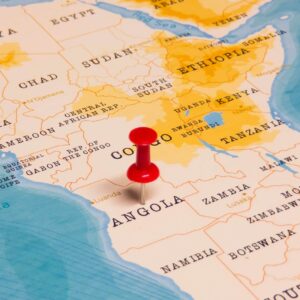
Destination Information for Angola
Angola is a remote country in central Africa. It remains very poor since being caught in the grips of a civil war from 1975 to 2002. Despite the desperate situation many Angolan people have lived through, the country is has a vast amount of natural resources, including oil, diamonds, agricultural land and hydroelectric power. If you’re planning to visit Angola, you’ll need to know some Portuguese as very few locals speak English.
Infections and Outbreaks frequently change from country to country and by attending our clinics you will be given the most up to date clinical and safety advice from our team of specialists. Our advice to you often includes aspects such as:
- Food and water hygiene
- Insect and animal bite avoidances
- Personal safety
- Sexually transmitted infections
- Sun protection
- Altitude sickness
Malaria and regions within country:
There is a high risk of malaria throughout the country and anti-malarial medication is advised.
Travel news
Helpful travel news, tips and advice for travelling around the world
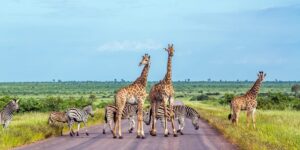
Chikungunya: What Travellers Need to Know About the Disease and Vaccines
As global travel increases, so too does the risk of encountering mosquito-borne infections like Chikungunya. Here's what you need to know about current outbreaks, how the disease spreads, and the vaccines available to help protect you.
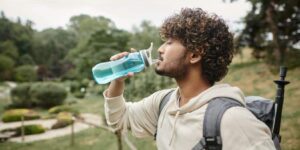
Water Hygiene While Travelling: What You Need to Know
Get the facts straight: Common myths about water hygiene while travelling debunked here.
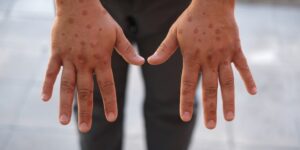
Mpox- How dangerous is it?
With the recent WHO announcement regarding the outbreak of Mpox in Africa there has been a concern of its transmission to other countries.
For the latest government travel advice
For anyone planning to travel abroad we recommend visiting the following government website for all the latest travel guidance and advice.
Travel health enquiries
For all travel health enquiries, simply contact us below.
